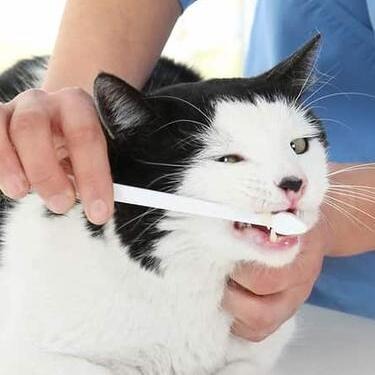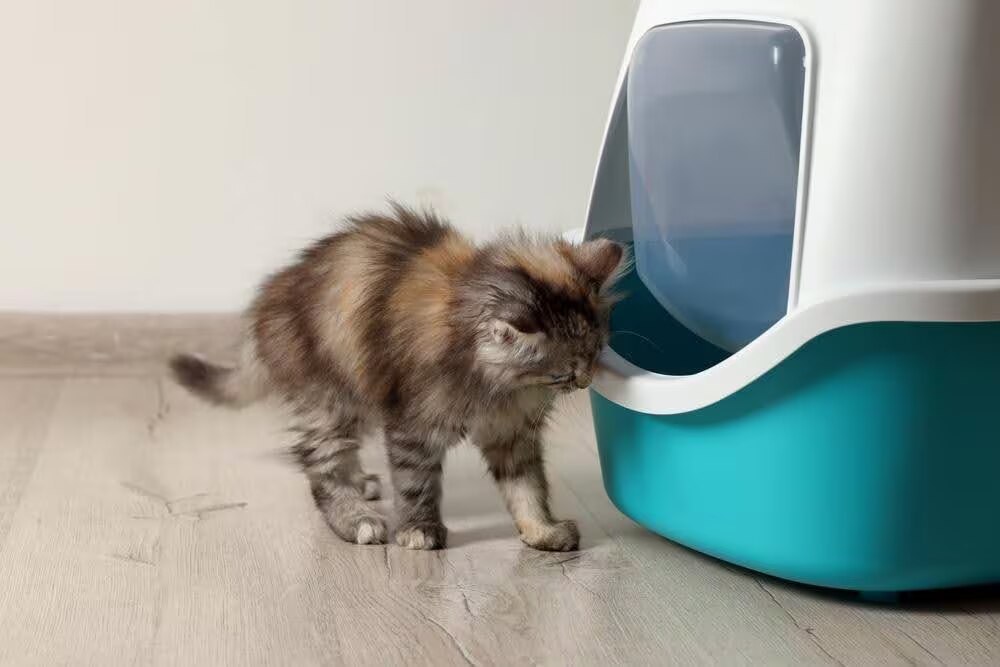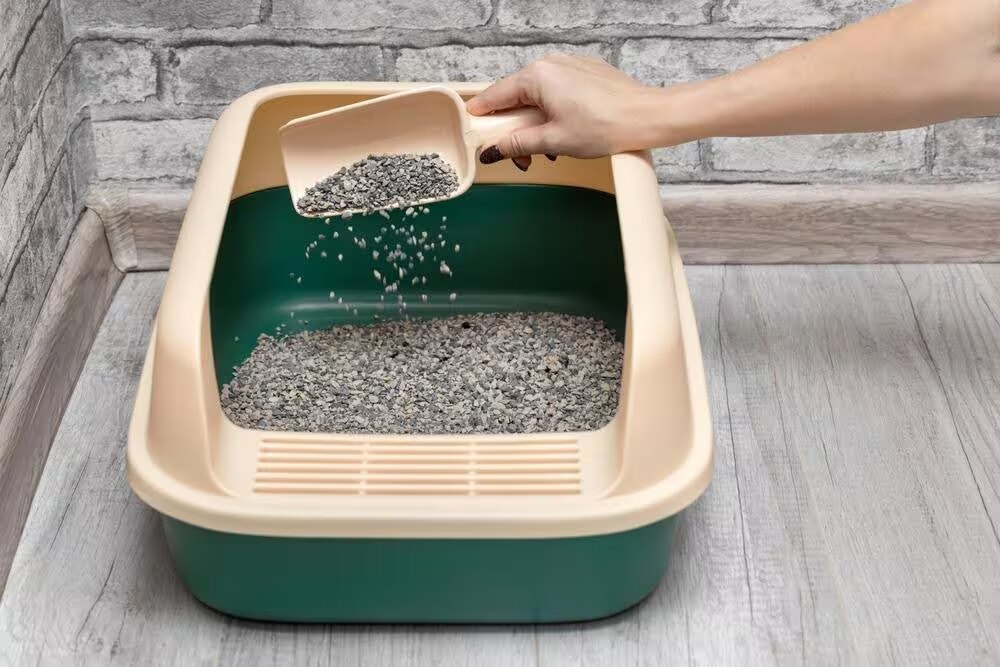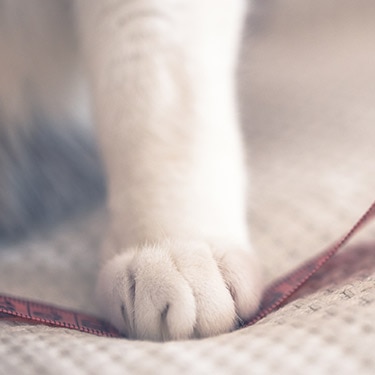
-
Find the right food for your petTake this quiz to see which food may be the best for your furry friend.Find the right food for your petTake this quiz to see which food may be the best for your furry friend.Featured products
 Adult Chicken & Barley Recipe Dog Food
Adult Chicken & Barley Recipe Dog FoodSupports lean muscle and beautiful coat for adult dogs
Shop Now Adult Small & Mini Lamb Meal & Brown Rice Recipe Dog Food
Adult Small & Mini Lamb Meal & Brown Rice Recipe Dog FoodFor the faster metabolism of Small & Mini dogs
Shop Now Puppy Lamb Meal & Brown Rice Recipe
Puppy Lamb Meal & Brown Rice RecipeVital nutrients to support 5 essential building blocks for lifelong health
Shop NowFeatured products Hill's Science Diet Adult Sensitive Stomach & Skin Chicken Recipe Dog Food
Hill's Science Diet Adult Sensitive Stomach & Skin Chicken Recipe Dog FoodHighly digestible recipe, gentle on stomachs. Nourishes skin & promotes a lustrous coat
Shop Now Adult Indoor Chicken Recipe Cat Food
Adult Indoor Chicken Recipe Cat FoodSupports energy level and beautiful fur in indoor cats
Shop Now Adult Chicken & Barley Recipe Dog Food
Adult Chicken & Barley Recipe Dog FoodSupports lean muscle and beautiful coat for adult dogs
Shop Now -
Dog
- Dog Tips & Articles
-
Health Category
- Weight
- Food & Environmental Sensitivities
- Urinary
- Digestive
- Joint
- Kidney
-
Life Stage
- Puppy Nutrition
- Adult Nutrition
- Senior Nutrition
Cat- Cat Tips & Articles
-
Health Category
- Weight
- Skin & Food Sensitivities
- Urinary
- Digestive
- Kidney
-
Life Stage
- Kitten Nutrition
- Adult Nutrition
Featured articles Pet Dental Health: What Happens During a Deep Teeth Cleaning?
Pet Dental Health: What Happens During a Deep Teeth Cleaning?Learn about veterinary dental care for your pet, including deep teeth cleaning procedures, which can help your dog or cat maintain proper dental health.
Read More My Pet Ate a Lizard — What Should I Do?
My Pet Ate a Lizard — What Should I Do?Learn what to do if your pet eats a lizard, including whether they can be toxic and symptoms to keep an eye on when they've swallowed one.
Read More Virtual Vet Visits: What You Need to Know
Virtual Vet Visits: What You Need to KnowLearn the ins and outs of a televet appointment before you talk to a vet online.
Read More -


Causes for inappropriate elimination can range from underlying urinary tract conditions to behavioral concerns. Here are some potential reasons your kitten, adult cat or elderly cat's peeing outside the litter box.

Kittens
Kittens learn what to do by watching their mother. If kittens are orphaned or adopted too early, they may miss out on cat litter box lessons. In these cases, take on the role of a mother cat and teach your kitten to use the litter box appropriately.
Adult Cats
If the behavior is new, you might wonder: Why is my cat not using the litter box anymore? Maybe you recently changed their setup, or perhaps their preferences or needs have changed. Your cat may have a problem with the litter box maintenance, size or location. If you're not scooping and changing the litter regularly or the layer of litter is too shallow or too deep (most cats prefer about 2 inches), they may decide to pee elsewhere. Your cat also may not use the litter box if it's difficult to access or contains a liner that catches their claws.
Some cats like to have separate boxes for solids and liquids. In multicat homes, cats often dislike sharing the facilities. Other cats are wary of litter boxes that don't feel private or quiet enough. Cats also have distinct tastes when it comes to litter scent and texture (most prefer unscented) and may snub the box if you've recently switched to a different type.
Household changes can also increase stress and impact your cat's demeanor. Moving, remodeling, pet or human additions or losses, and even the sudden presence of outdoor cats may raise kitty stress. This can result in hit-or-miss litter box behavior at any age. Stress can also lead to medical urinary conditions, like feline idiopathic cystitis. If you suspect stress, reach out to your vet for advice.
Senior Cats
Do you have an older cat peeing outside the litter box? If your senior cat's peeing outside the litter box after years of using it, it may be due to declining mobility or cognition. In these cases, some cats may associate the litter box with a painful or uncomfortable situation, eventually leading to an aversion.
Signs of an Underlying Health Concern
If your cat has persistent accidents or won't use the litter box at all, it may be a sign of a medical condition, such as feline lower urinary tract disease, bacterial cystitis, kidney failure, liver disease or diabetes. Check for the following signs of medical urinary issues:
- Consistently urinating and/or defecating outside the litter box
- Spraying urine (vertical urine marks around doorways, walls, windows or objects)
- Spending too much time in the litter box
- Visiting the litter box more often than usual
- Vocalizing in the litter box
- Acting lethargic
- Drinking more water
- Eating less
- Losing weight
Your veterinarian can help diagnose and treat a range of underlying health concerns to get your cat back on track.


Tasty Tips
How to Help Your Cat Use the Litter Box Properly
Remember: Your cat isn't trying to spite you by soiling outside the litter box. Never raise your voice or otherwise punish your cat. Punishing a cat increases fear and stress and exacerbates the problem. Instead, identify the reason and address it.

Maintain Litter Box Best Practices
Encourage your cat to visit the litter box by making it easy and pleasant to use. Scoop the litter box every day, and add clean litter as needed to maintain ideal levels. Rinse the box with baking soda or unscented soap once a week. Litter change frequency depends on litter type, so follow the instructions on the box to keep it fresh.
Add litter boxes to different areas of the house, placing them in quiet but easily accessible locations. Avoid overly remote or trafficked areas. Remove hoods and liners, and keep food bowls and bedding away from the litter box.
Take Steps to Prevent Future Accidents
If your cat favors a certain spot, make it less appealing by placing a food bowl, bed or treats there. Limit access to your house by closing doors when your cat will be home alone, too.
Thoroughly cleaning areas where your cat has urinated outside the litter box is essential. This helps eliminate odors and preserves your carpets and furniture — but it also helps reduce future accidents. When your cat can smell their urine in a given area, it tells them it's an approved spot. So, removing all traces of the scent helps avoid mixed signals that this is an acceptable behavior.
Diagnosing Your Cat's Litter Box Problems
If your cat won't use the litter box despite these suggestions, contact your veterinarian for evaluation and diagnosis. They can give your cat a complete physical examination, blood tests and urinalysis to rule out any underlying issues. Following treatment for any associated medical conditions, you may need to revisit litter box training to reinstate normal patterns.
Explore Your Support Network
If you have questions about your cat's urinary health, talk to your vet. In some cases, they may recommend a specific cat food formulated for feline urinary health. Your vet can also help you better understand any environmental factors that might be contributing to your cat's urinary issues and provide tips to reduce stress. If you need more support, ask your vet for a veterinary behaviorist referral to help resolve challenging cases. You have a whole network of resources to help your cat live their best life!


Amy Shojai, is a certified animal behavior consultant, and nationally known authority on pet care and behavior. She began her career as a veterinary technician and is the award-winning author of more than 35 prescriptive nonfiction pet books.
Related products

Vital nutrients to support 5 essential building blocks for lifelong health

Highly digestible recipe, gentle on stomachs. Nourishes skin & promotes a lustrous coat

Supports energy level and beautiful fur in indoor cats

Supports lean muscle and beautiful coat for adult dogs
Related articles

Discover how to identify cat sensitive skin and what you can do to help your cat thrive from head to paw.

What is the best food for an overweight cat? Learn all about weight control food for cats, including what's in it and how it works.

How do you get a cat to lose weight? Learn all about cat foods for weight loss, including how to choose weight control cat food and exercise tips.

What is the best food for an overweight cat? Learn all about weight control food for cats, including what's in it and how it works.

Put your cat on a diet without them knowing
Our low calorie formula helps you control your cat's weight. It's packed with high-quality protein for building lean muscles, and made with purposeful ingredients for a flavorful, nutritious meal. Clinically proven antioxidants, Vitamin C+E, help promote a healthy immune system.
Put your cat on a diet without them knowing
Our low calorie formula helps you control your cat's weight. It's packed with high-quality protein for building lean muscles, and made with purposeful ingredients for a flavorful, nutritious meal. Clinically proven antioxidants, Vitamin C+E, help promote a healthy immune system.

